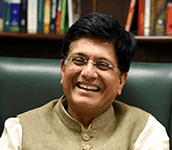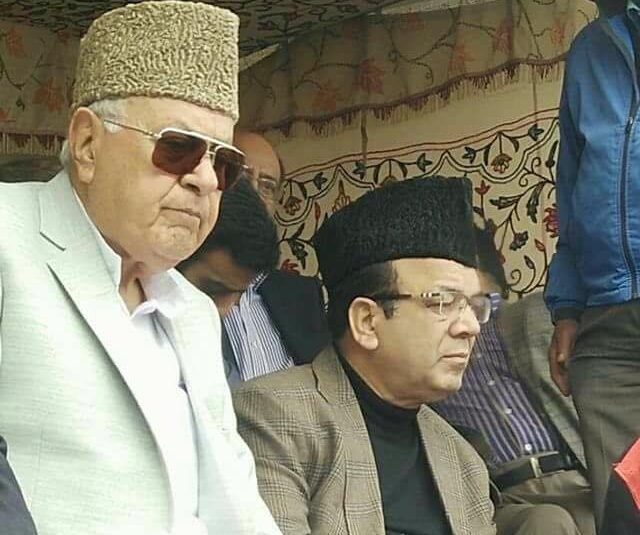APRIL 8: The Speaker of the Jammu and Kashmir Legislative Assembly, Abdul Rahim Rather, disallowed two notices of Adjournment Motions submitted by nine members concerning the discussion on the passage of the Waqf Amendment Bill, citing that the matter is sub-judice. This decision has sparked a debate among the members of the Assembly.
While rejecting the motions, Speaker Rather explained that the Waqf Amendment Bill is currently under adjudication by the Supreme Court of India, and as per Rule 58(vii) of the legislative procedure, motions cannot deal with any issue that is under judicial review by a court of law. He emphasized that since the matter is pending before the Supreme Court, the notices for the Adjournment Motions could not be admitted, in compliance with the legal framework that governs the functioning of the Assembly.
In his statement, the Speaker said, “The matter has been challenged before the Supreme Court, so the notices cannot be admitted because, as per rule 58(vii), the motion shall not deal with any matter which is under adjudication by a court of law having jurisdiction in any part of India.”
The decision, however, was met with objections from some members of the Legislative Assembly. These members argued that the Tamil Nadu Legislative Assembly had already passed a resolution opposing the proposed Waqf Amendment Bill, and they believed that the Jammu and Kashmir Legislative Assembly should follow suit and take a stand on the matter. They felt that the Waqf Bill was of significant concern and warranted discussion and deliberation in the House, irrespective of its ongoing legal challenge.
Responding to these objections, Speaker Rather clarified that the matter was not sub-judice at the time when the Tamil Nadu Legislative Assembly passed its resolution. He explained that the legal status of the matter had changed since then, as it was now under judicial review in the Supreme Court, which made it inadmissible for the Assembly to deliberate on it.
The situation highlights the delicate balance between the legislative and judicial processes, with the Speaker upholding the sub-judice rule to ensure that the Assembly functions in accordance with legal norms. As the matter continues to unfold in the courts, the political landscape surrounding the Waqf Amendment Bill remains a point of contention in Jammu and Kashmir, with further discussions likely to arise once the judicial process is completed.




















